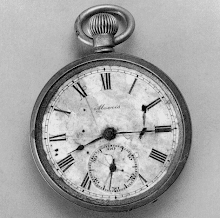 Officials reopened Fort Reno Park in Northwest Washington yesterday, saying recent extensive tests have found no unsafe levels of arsenic in the soil there. The 33-acre field, a popular site for sports and concerts in the Tenleytown neighborhood, was abruptly closed to the public May 14 after the U.S. Geological Survey said soil samples showed arsenic levels of as much as 1,100 parts per million -- about 25 times the limit of 43 parts per million set by the U.S. Environmental Protection Agency. But those test results turned out to be "a false positive," officials said yesterday.
Officials reopened Fort Reno Park in Northwest Washington yesterday, saying recent extensive tests have found no unsafe levels of arsenic in the soil there. The 33-acre field, a popular site for sports and concerts in the Tenleytown neighborhood, was abruptly closed to the public May 14 after the U.S. Geological Survey said soil samples showed arsenic levels of as much as 1,100 parts per million -- about 25 times the limit of 43 parts per million set by the U.S. Environmental Protection Agency. But those test results turned out to be "a false positive," officials said yesterday.Washington Post (May 29, 2000: pg. B-1)





